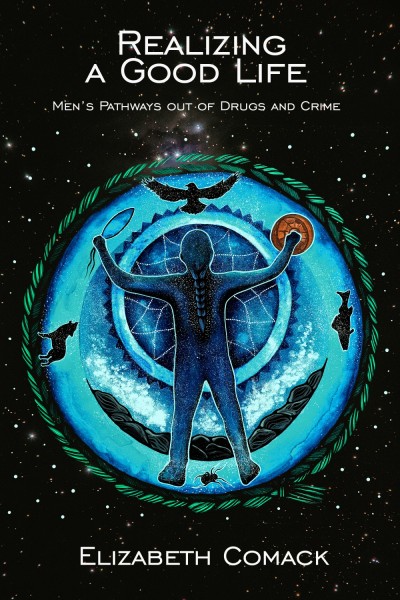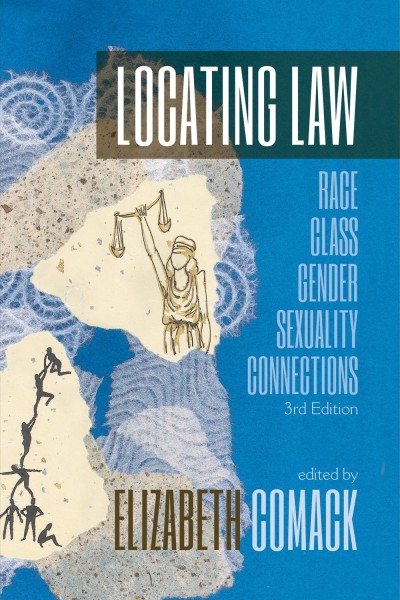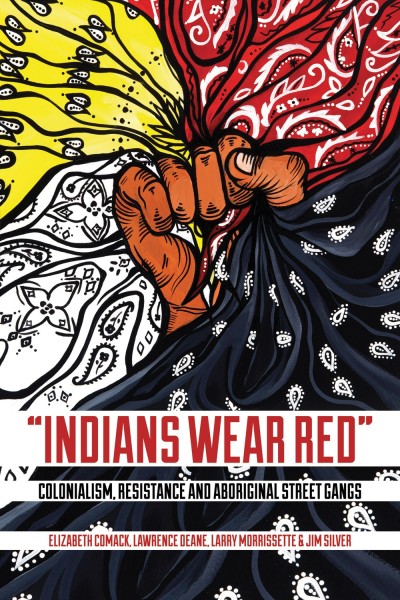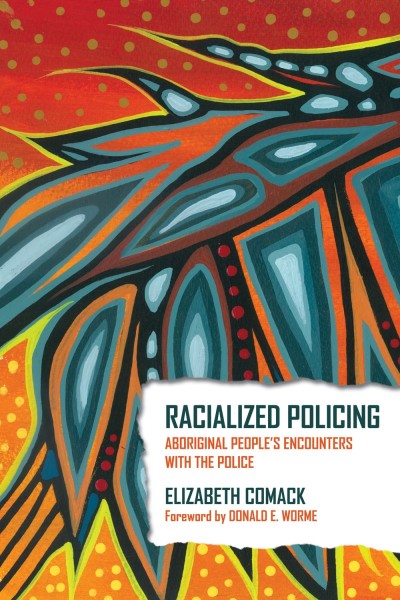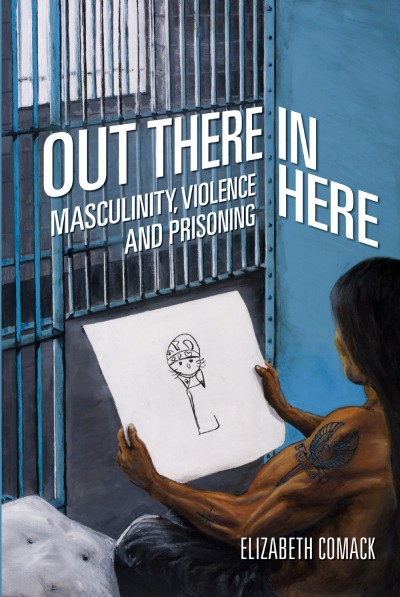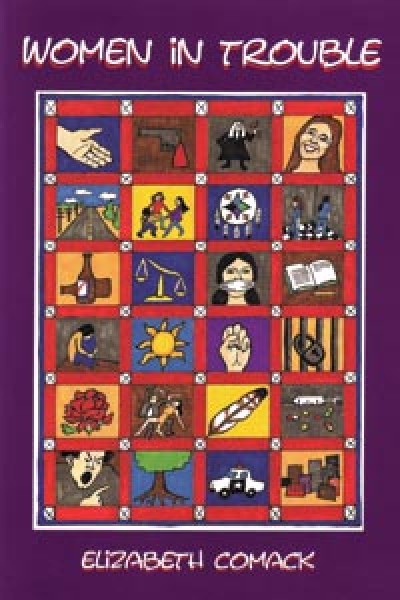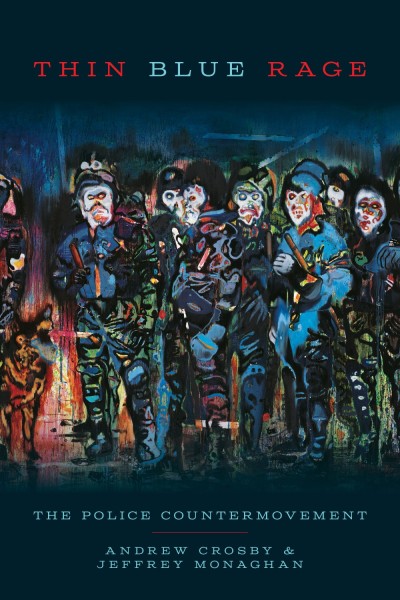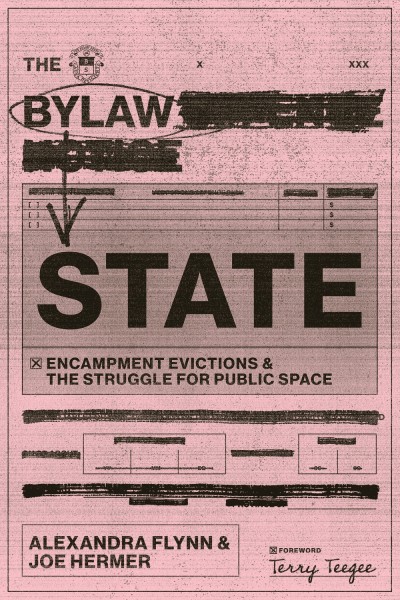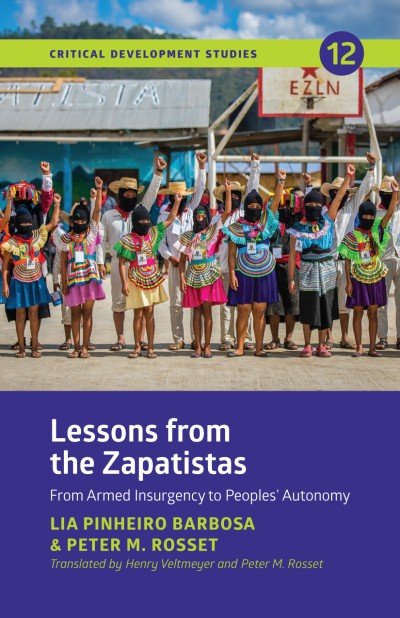
Coming Back to Jail
Women, Trauma, and Criminalization
Drawing on the stories of forty-two incarcerated women, Coming Back to Jail broadens the focus to examine the role of trauma in the women’s lives.
About the book
Published some two decades ago, Elizabeth Comack’s Women in Trouble explored the connections between the women’s abuse histories and their law violations as well as their experience of imprisonment in an aged facility. What has changed for incarcerated women in those twenty years? Are experiences of abuse continuing to have an impact on the lives of criminalized women? How do women find the experience of imprisonment in a new facility?
Drawing on the stories of forty-two incarcerated women, Coming Back to Jail broadens the focus to examine the role of trauma in the women’s lives. Resisting the popular move to understand trauma in psychiatric terms — as post-traumatic stress disorder (ptsd) — the book frames trauma as “lived experience” and locates the women’s lives within the context of a settler-colonial, capitalist, patriarchal society. Doing so enables a better appreciation of the social conditions that produce trauma and the problems, conflicts and dilemmas that bring women into the criminal justice net.
In Coming Back to Jail, Comack shows how — despite recent moves to be more “gender responsive” — the prisoning of women is ultimately more punishing than empowering. What is more, because the sources of the women’s trauma reside in the systemic processes that have contoured their lives and their communities, true healing will require changing women’s social circumstances on the outside so they no longer keep coming back to jail.
Crime & Law Feminism, Gender & Sexuality Indigenous Resistance & Decolonization
What people are saying
Laureen Snider, Queen’s University“This is a superb book. At the theoretical level it breaks new ground in linking aboriginality, gender and incarceration. Empirically, through in-depth interviews with forty-two female prisoners, Comack shows how the womens’ traumatic experiences — abuse, racism, misogyny — framed their lives. This book should be required reading for politicians, activists, scholars and students.”
Joyce Green, University of ReginaElizabeth Comack has produced yet another insightful book. The women’s personal stories and Comack’s feminist anti-colonial analysis illuminate the ‘justice’ system as an institutional apparatus of the colonial state that is thoroughly infused with biases toward Indigenous and impoverished people and with patriarchal biases towards women — a system that individualizes the experiences of its captives so as to avoid addressing systemic inequalities. It is no wonder that once enmeshed in this system, women are likely to keep ;coming back to jail.’”
Contents
- Women in Trouble
- Understanding Trauma
- Colonialism, Capitalism, Patriarchy, and Trauma
- The Lived Experience of Trauma
- Involvement with the Criminal Justice System
- The Prisoning of Women
- Making Change
- Appendix: The Research Process
- References
- Index



